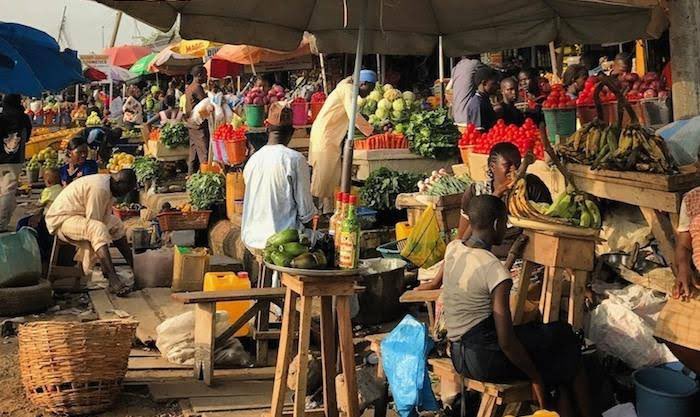
According to a recent World Bank report, Nigeria is currently grappling with a worsening food crisis, likening the situation to that of conflict-ridden countries like Yemen and Ethiopia. The report highlights rising food insecurity driven by a combination of factors, including conflict in northern regions, economic instability, inflation, and climate change impacts. These challenges have led to significant disruptions in food production and distribution, contributing to soaring food prices and shortages.
The World Bank has called for urgent intervention from both national and international stakeholders to address the crisis. It emphasized the need for immediate humanitarian assistance, improved agricultural policies, and investments in food security systems to avert further deterioration of the situation. Without such efforts, the report warns that millions more Nigerians could be pushed into extreme hunger, exacerbating poverty and worsening socio-economic conditions in the country.
This crisis mirrors the dire food insecurity challenges seen in Yemen and Ethiopia, where conflict, drought, and economic collapse have devastated food supplies. The World Bank’s call for action stresses the importance of a coordinated response to prevent a full-scale humanitarian disaster in Nigeria.




